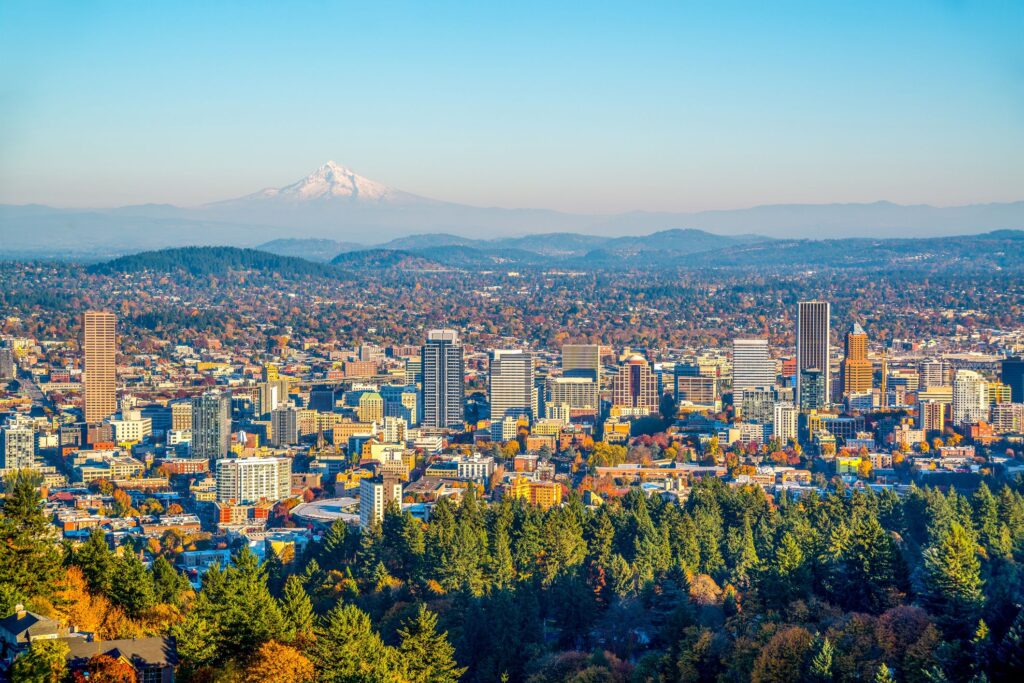Oregon’s ambitious Climate Protection Program (CPP) aims to achieve a 90% reduction in greenhouse gas emissions by 2050. While the program’s environmental goals are commendable, the financial burden on Oregonians should not be overlooked. The CPP could lead to increased energy costs for consumers, putting a strain on household budgets.
Last January’s storm underscored the need for a reliable and diverse energy infrastructure in the Pacific Northwest to prevent grid failures during extreme weather. The natural gas system currently delivers more than twice the energy directly to homes and businesses compared to the electric grid during the coldest hours of the year. However, the CPP threatens to make fuels like natural gas more expensive, compromising the affordability of energy for families and businesses.
Legislators have raised concerns about the rising energy rates associated with the CPP. They argue that the additional costs will ultimately be passed on to consumers, making energy less affordable across the state. The Oregon Department of Environmental Quality (DEQ) acknowledges in their Draft Fiscal Impact Statement that compliance costs for fuel suppliers will likely be passed on to consumers. This could disproportionately impact businesses, industries, and environmental justice communities, including communities of color, low-income households, and rural areas, which may face challenges transitioning to clean energy and are less resilient to price increases. Despite the program’s invalidation by the Oregon Supreme Court of Appeals in December 2023, DEQ continues to push forward with the implementation of the costly program, placing the burden on everyday Oregonians and businesses.
As the CPP develops, it is crucial for policymakers and regulators to balance environmental goals with economic considerations to ensure that the transition to a clean energy future does not disproportionately burden consumers. Oregonians have the opportunity to voice their concerns over the costly program during the DEQ’s open comment period, which closes on August 30, 2024, at 4:00 PM PT.
How to Comment on the Rulemaking Proposal:
Anyone can submit comments about the rulemaking. You can do so online, by email, by regular mail, or at the public hearing on August 21, 2024.
– Take Action Here: You can send a message – with a personal story if you have one! – to the DEQ here: https://bit.ly/PublicCommentCPP
– Public Hearing: Attend the hearing on Wednesday, Aug. 21, 2024, at 4 p.m. PT. You can join via Zoom or teleconference (833-928-4609, Meeting ID 843 9807 4366).

